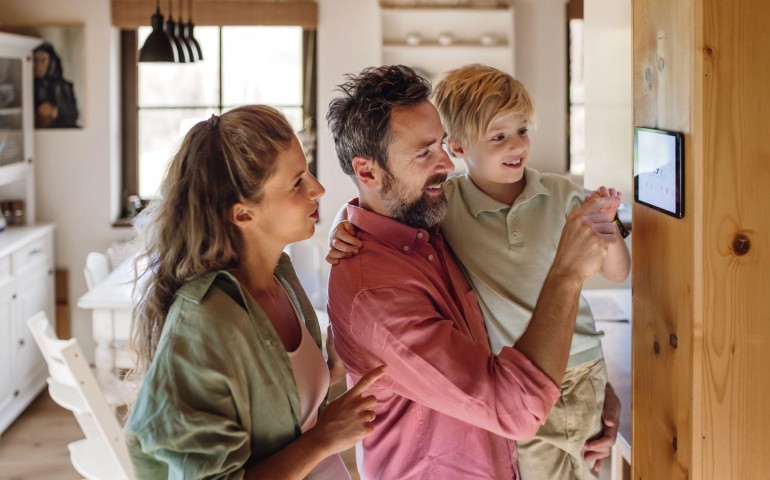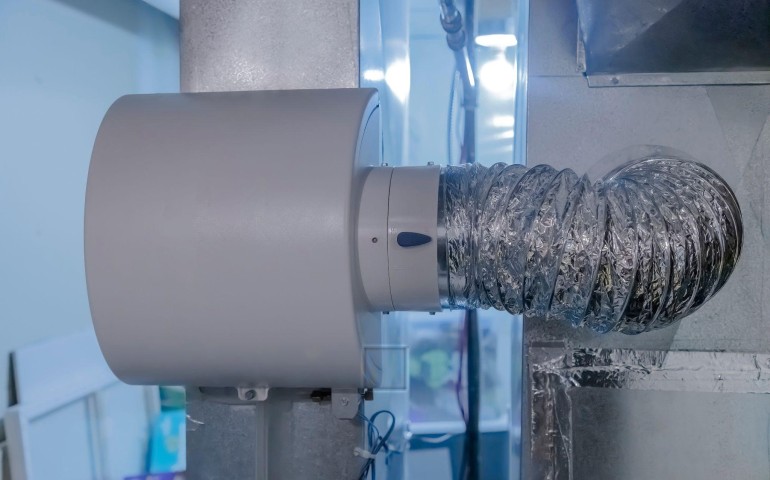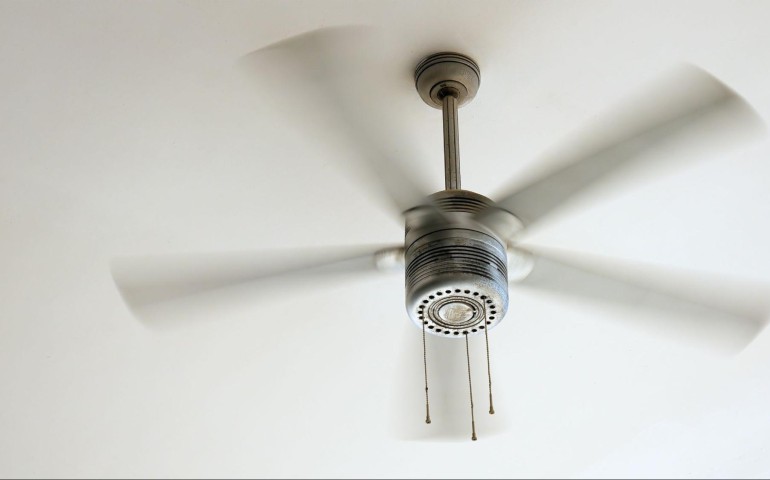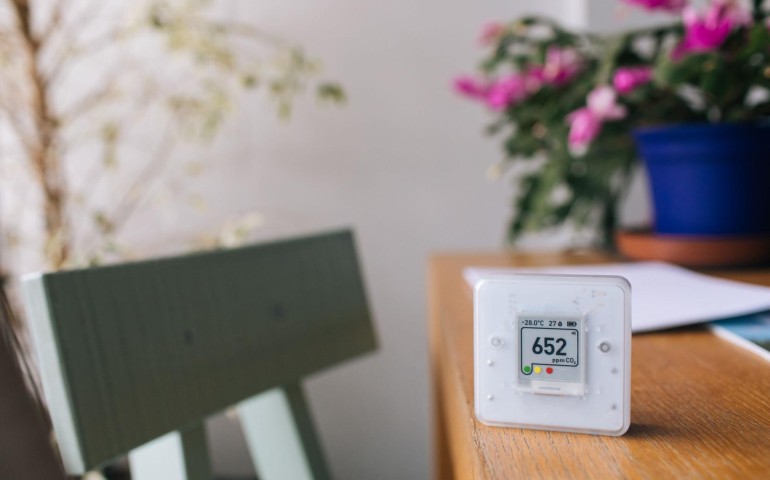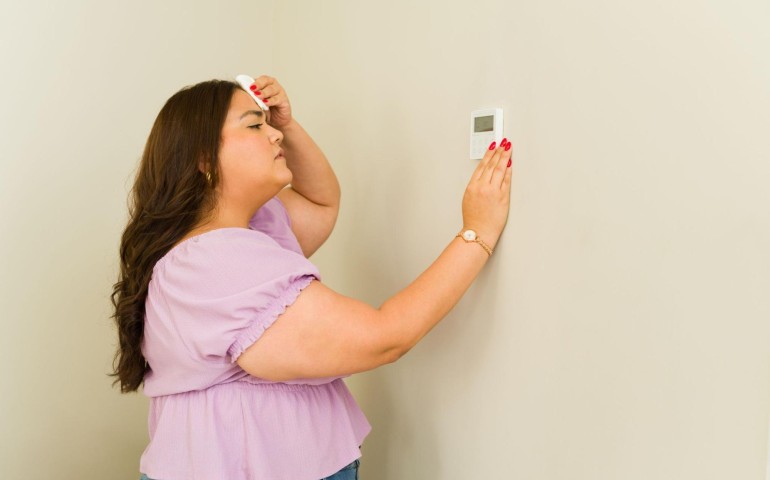SEER means Seasonal Energy Efficiency Ratio. This means it is the ratio rating of the cooling output of an air conditioner on certain seasons. A SEER rating divides the energy it consumes in Watt-Hours in order for you to identify the ratio.
The SEER value of modern air conditioners will range from 13 SEER to about 25 SEER. A lot of confusion has been going around town and it’s time to further explain what SEER means.
SEER Value Cannot Predict Energy Usage
A SEER value often changes. You should not always rely on it regardless of the fact that it has a standard computation or formula. Hence, it doesn’t also mean that the higher your SEER value is, the more it is energy efficient. It depends on how long you use your unit and the type of weather you have. It also depends on how long it takes your A/C to reach the adjusted temperature.
Aside from that, air conditioning units which have a higher SEER rating tend to be more expensive. Although they can cost you more when you buy it, they last longer and often need less repairs. That’s the good thing about units with high SEER ratings. An air conditioner that has a SEER value of 14 or less has a higher maintenance cost. This is when compared to ones which have a higher SEER value.
SEER Value Doesn’t Increase by Upgrading Your Condenser
Don’t get fooled by sales talk. Upgrading your condenser unit to a higher SEER doesn’t provide your unit with a higher SEER value. If you need to upgrade, upgrade your entire unit or the entire system. It is the best advisable way in upgrading to equipment with a higher SEER value. And it involves upgrading the condenser, furnace, and evaporative coil. They all work together as a system.
The Best Advisable SEER Rating
Business hours
We offer 24 hour emergency service! Please call (847) 792-1019.

